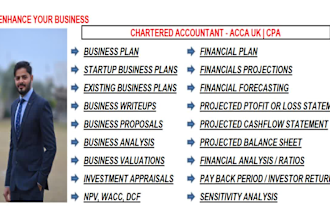What is financial planning and analysis?
Financial Planning and Analysis (FP&A) is a corporate function that combines budgeting, forecasting, and analysis to guide a company’s financial strategy and decision-making. FP&A helps businesses forecast their financial future, set budgetary goals, and measure performance against these goals to inform strategic planning and resource allocation. This role is pivotal for optimizing financial health and ensuring that financial operations align with broader business objectives, enabling proactive management and adaptation to changing economic conditions.Is FP&A the same as financial analyst?
FP&A is not exactly the same as being a financial analyst, but the two are closely related. FP&A refers specifically to the practices and processes used by companies to perform financial planning, such as budgeting and forecasting, and analysis to support financial decision-making. A financial analyst, on the other hand, might be involved in a wider range of tasks, which can include FP&A activities, but also extend to investment analysis, stock analysis, and market research, among others.What's the difference between FP&A and accounting?
FP&A and accounting are different but complementary financial disciplines. Accounting focuses on recording past financial transactions, maintaining financial records, compliance with accounting standards, and reporting financial results. It primarily looks at historical data to ensure accuracy and compliance. FP&A, however, uses that historical data to make projections, help in budgeting, and assist strategic planning. FP&A is forward-looking and is used to guide business decisions through financial forecasts and scenario analysis.Do you need a CPA for FP&A services?
While having a Certified Public Accountant (CPA) designation can be beneficial for FP&A due to the strong accounting knowledge it represents, it is not strictly necessary. Professionals working in FP&A often come from a variety of backgrounds such as finance, economics, and business administration, and they might hold other relevant certifications such as Chartered Financial Analyst (CFA) or Certified Management Accountant (CMA). The key expertise for FP&A involves analytical skills, an understanding of financial forecasting, budgeting techniques, and strategic planning, more than just accounting.


















